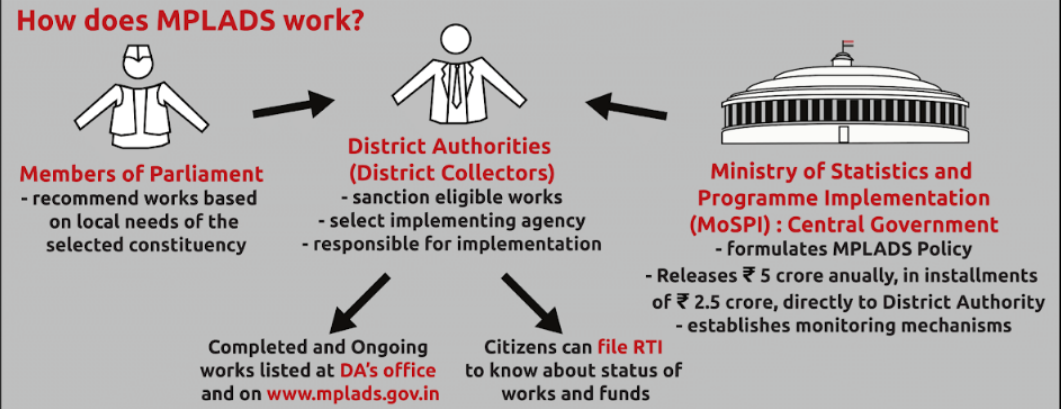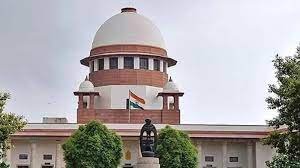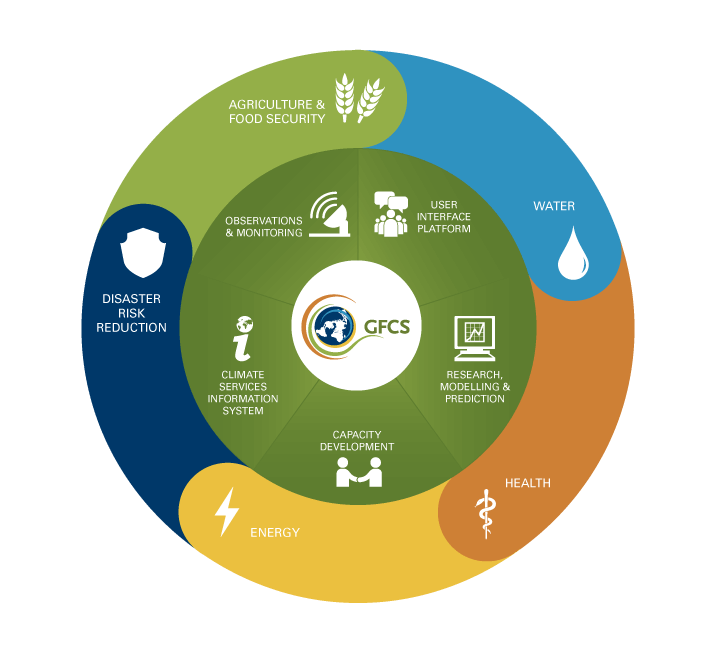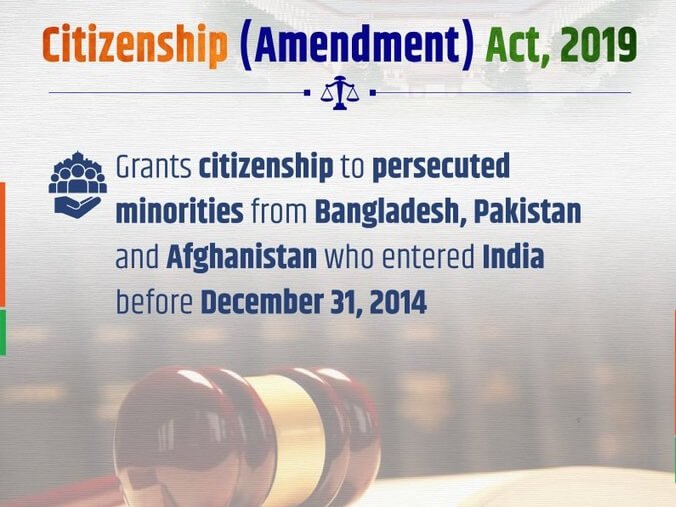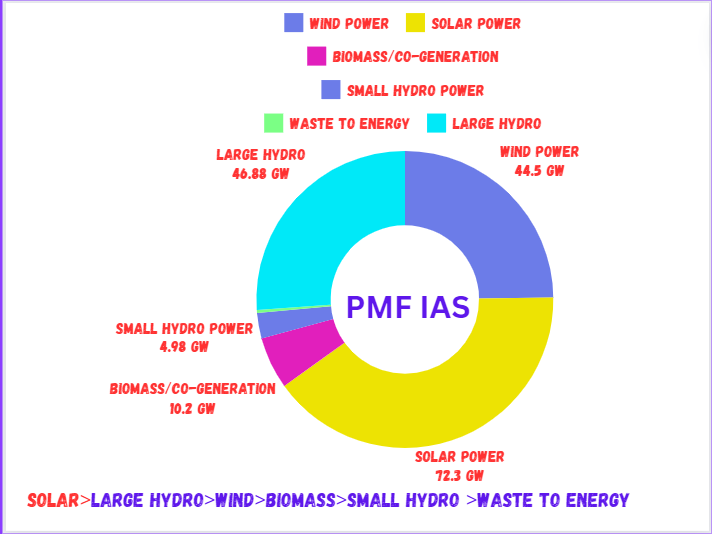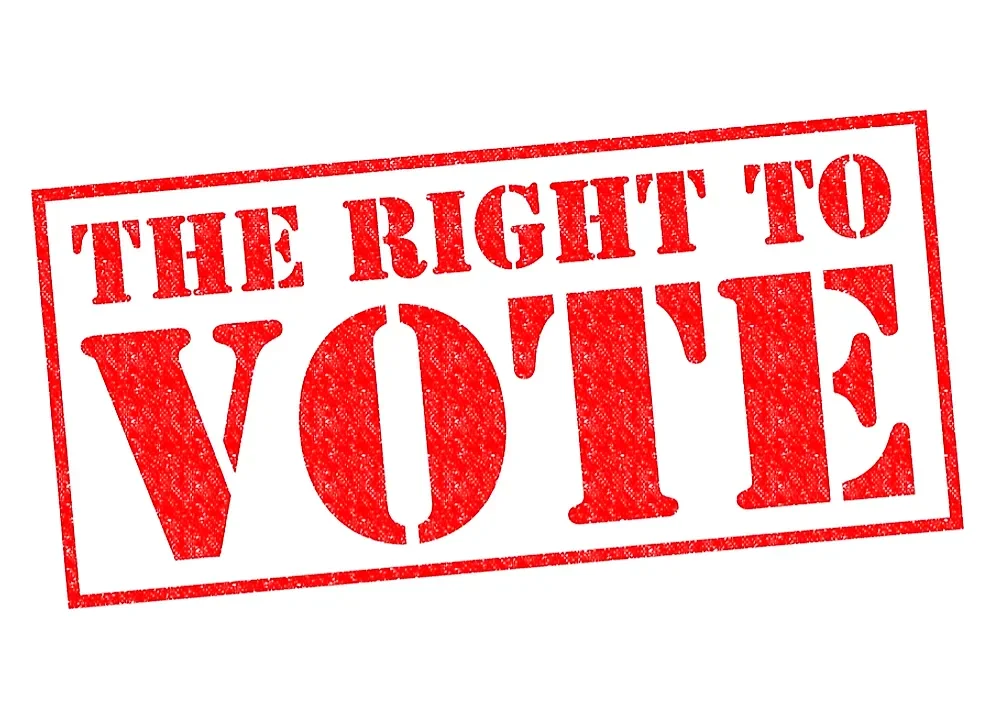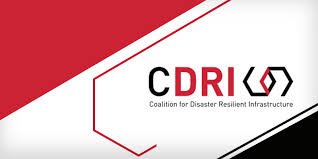
Freebies Culture in Indian Politics
Subscribers of "Current Affairs" course can Download Daily Current Affairs in PDF/DOC
Subscribe to Never Miss an Important Update! Assured Discounts on New Products!
Must Join PMF IAS Telegram Channel & PMF IAS History Telegram Channel
- Context (IE): Recently conducted assembly polls and upcoming Lok Sabha elections once again brought the freebies debate to the forefront.
What is Freebie?
- Freebies are short-term, populist measures without a long-term vision. They differ from welfare measures, which enforce the Directive Principles of State Policy.
- The RBI defined freebies as “a public welfare measure that is provided free of charge”. It has distinguished freebies from long-term welfare measures. However, the Election Commission of India has not defined freebies in legal and objective terms.
Background of freebies in Indian politics
- Kumaraswami Kamaraj’s Initiatives (1954-1963): Introduced free education and free meals for school students in erstwhile Madras state.
- CN Annadurai’s Promise (1967): DMK founder Annadurai continued the trend, promising 4.5 kg of rice for Re 1 if elected as part of their electoral strategy.
- DMK in 2006 elections: In the 2006 state election, DMK elevated the freebie trend by offering colour televisions to voters.
- Cycle of Competitive Freebies: A trend ensued where political parties compete by offering various incentives, including gas stoves, cash handouts, pieces of land, smartphones, and maternity assistance.
Two schools of thought on the welfare
- One school favours freebies with the need for certain basic amenities for empowerment and welfare.
- Another school rejects referring freebies as unproductive doles generating no welfare.
Arguments in favour of Freebies
- Productivity Enhancement: Freebies ensure the fulfilment of the population’s basic needs, resulting in good health and consequential productivity.
- More disposable income: With more disposable income supplemented by freebies, the economy may have a multiplier effect. For instance, reduced out-of-pocket expenditure occurred due to the Ayushman Bharat initiative.
- The government’s responsibility to fulfil the population’s basic needs is an established governance principle.
- Article 38 and the Preamble of the Indian Constitution envisage the Indian state as a welfare, socialist state. It emphasises the just social order.
- Socio-Economic Upliftment: Former CEC S.Y.Qureshi favours free food grains and supports them to counter deep-seated inequality and poverty in India. The same can be observed in Pradhan Mantri Garib Kalyan Anna Yojana.
- Not legally corrupt: In the S. Subramaniam Balaji vs Government of Tamil Nadu case (2013), the SC held that as long as public funds were spent based on appropriations cleared by the legislature, they could neither be declared illegal nor the promise of such items be termed a ‘corrupt practice’.
- Digital Empowerment: Free laptops, smartphones, internet have now become necessities for not only availing government schemes but also for education and learning.
- Women Empowerment: With female pensions and free equipment like sewing machines, the socio-economic empowerment of women is being observed. NITI Aayog report observed increased enrollment with free bicycles to female students in Bihar.
Arguments against Freebies
- Skewed Expenditure: With a greater share of freebies and populist measures, government expenditure favours certain sections. For instance, Rajasthan’s decision to revert to the old pension scheme favours 6% of the population yet costs 56% of the state’s revenues.
- No Productivity Enhancement: MNREGA and other cash handouts are criticised based on poor or no productivity.
- Environmental Unsustainability: The CAG report observed that free electricity for farmers in Punjab led to over-exploitation, a decline in groundwater level, and poor performance of DISCOMs.
- Fiscal Challenges and Debt Burden: In a PIL, the Supreme Court bench has discussed that the economy is becoming unsustainable because of freebies. Former Finance Commission chairman N.K.Singh also cautioned against the same.
- Low Infrastructure investment: With more allocations to freebies, investment in infrastructure projects falls at the backfoot.
- Dependency Syndrome: By recognising freebies as entitlements, the population may be less incentivised to be productive.
Way Forward
- Expert Committee: The Supreme Court has suggested setting up an expert committee consisting of various stakeholders, including members from the Niti Aayog, the Finance Commission, and the RBI, to look into the issue of freebies and their impact on the economy and democracy.
- Priority to Investment: The Economic Advisory Council to the Prime Minister (EAC-PM) member suggested that ‘open-ended’ freebies should be ‘discouraged‘ and the amount can be utilised for building infrastructure or investing in the health and other sectors.
- Amendment of the FRBM act to include all sources of debt and off-budget financing can be done. It would result in democratic fiscal accountability.
- The Election Commission of India needs to be empowered to stricter implementation of the Modal Code of Conduct to counter such corrupt practices during elections.





![PMF IAS Environment for UPSC 2022-23 [paperback] PMF IAS [Nov 30, 2021]…](https://pmfias.b-cdn.net/wp-content/uploads/2024/04/pmfiasenvironmentforupsc2022-23paperbackpmfiasnov302021.jpg)
